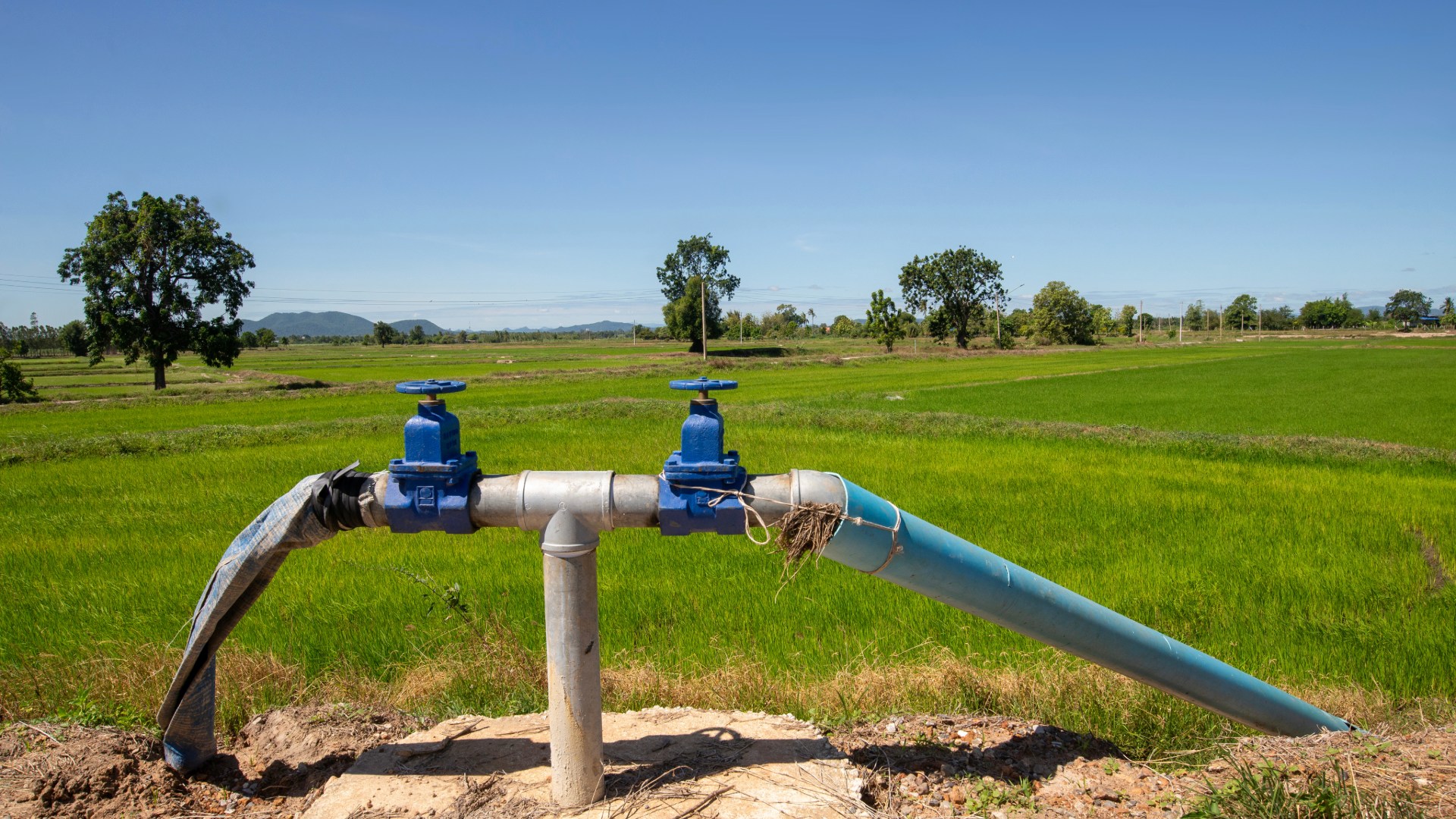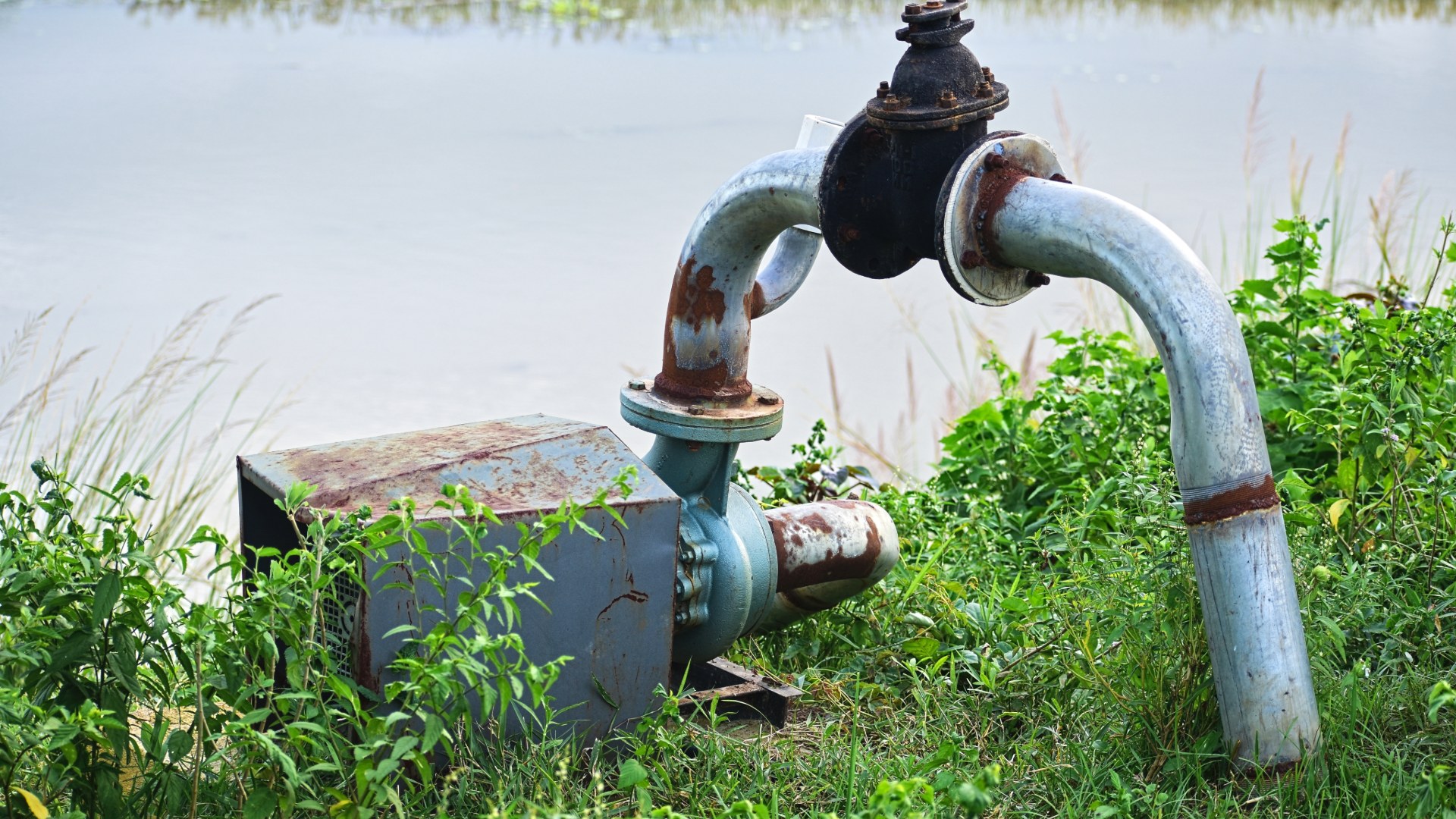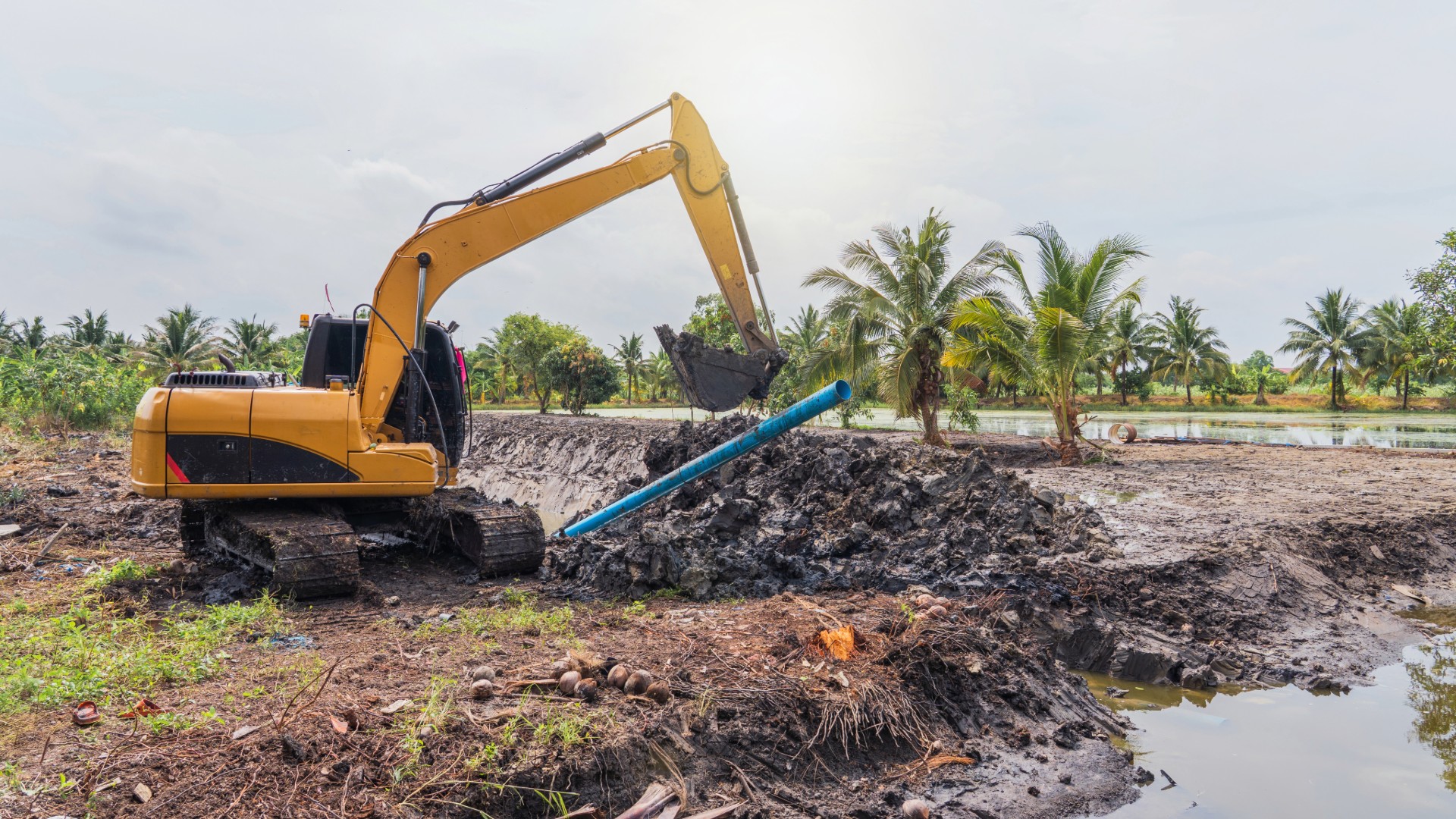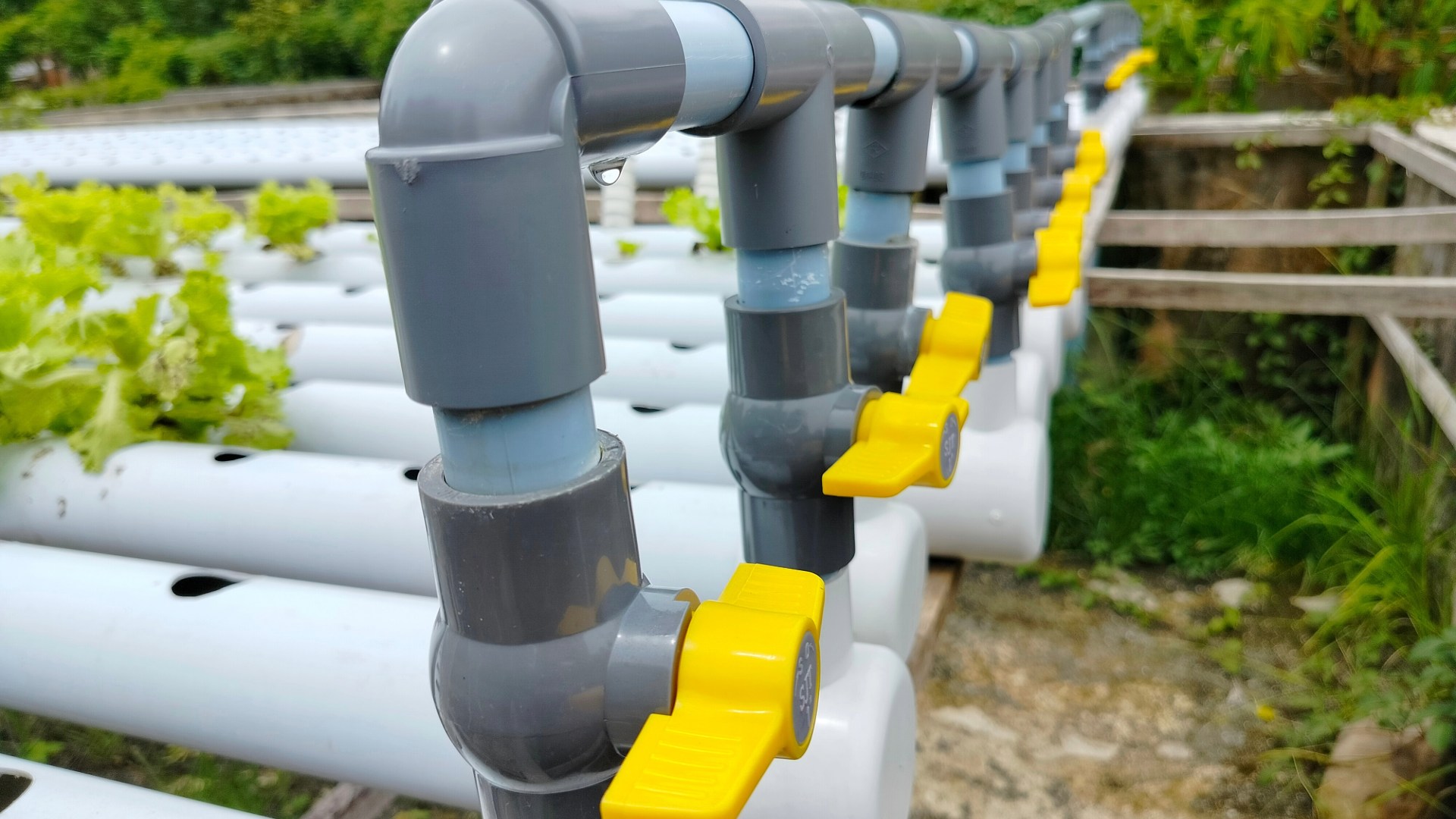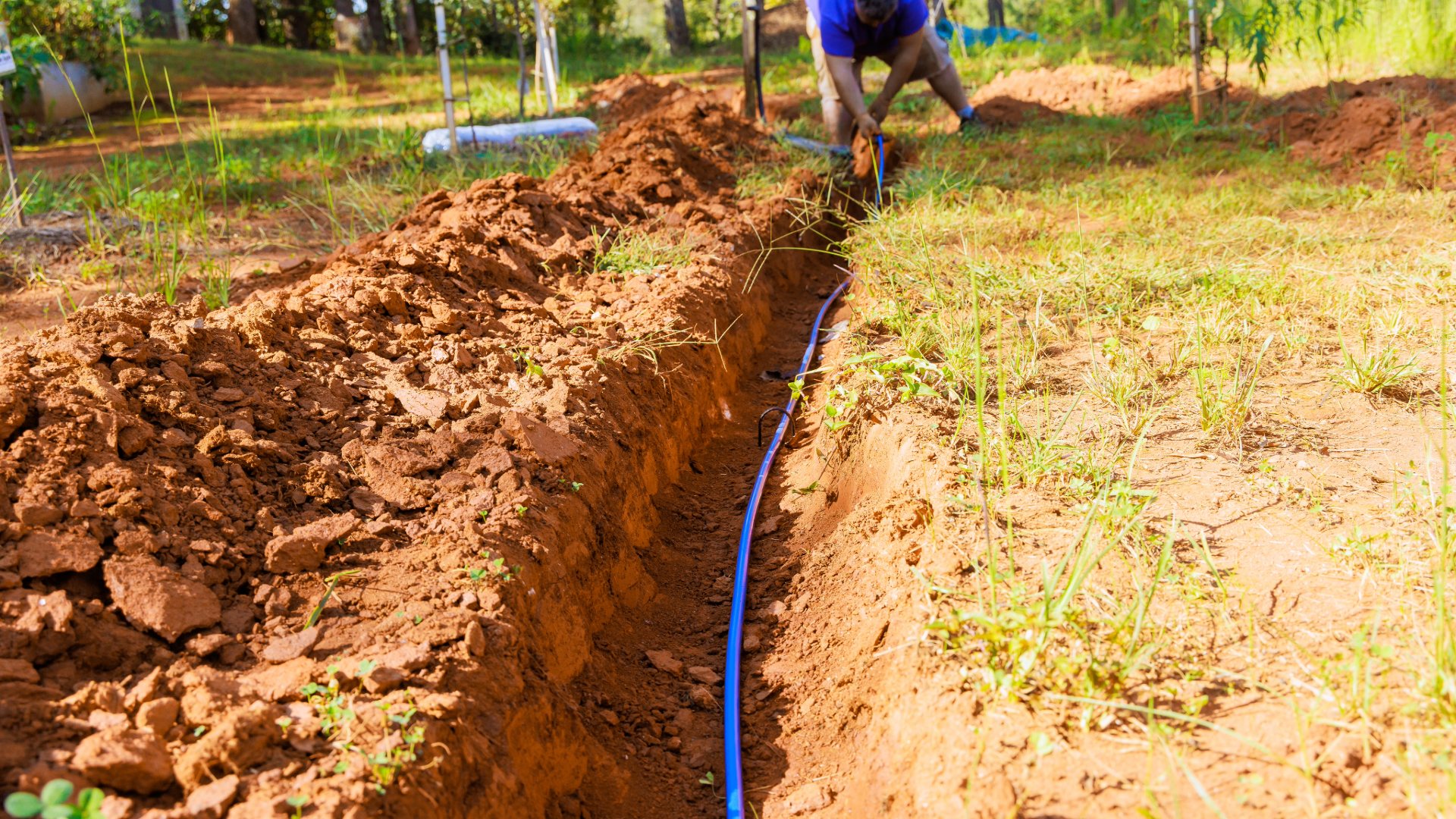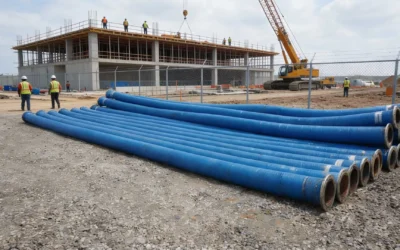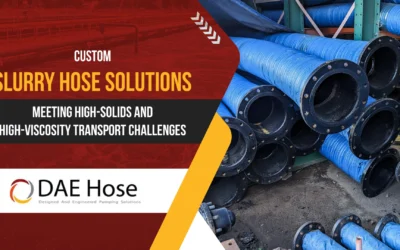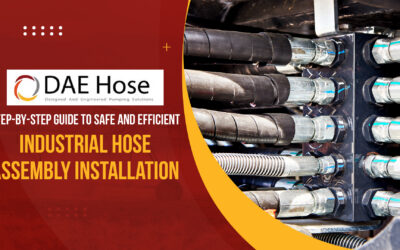Water is the lifeblood of modern agriculture, playing a crucial role in crop growth, soil management, livestock hydration, and aquaculture operations. Ensuring adequate and consistent water supply has become increasingly challenging, especially in large-scale farms and precision agriculture setups where efficiency and resource optimization are critical. Farmers and agribusinesses face constant pressure to reduce water wastage while maintaining high productivity, making reliable water delivery systems essential.
Agriculture water tubes have emerged as a practical and high-performance solution to address these challenges. These tubes provide dependable water distribution across diverse farming applications, ensuring crops and livestock receive the right amount of water at the right time. High-quality water tubes for agricultural use and agricultural water tube pipe solutions offer durability, resistance to environmental stress, and easy integration with modern irrigation systems, supporting both operational efficiency and cost management.
By incorporating agriculture water tubes into farm infrastructure, operations achieve better water control, reduce wastage, and improve overall productivity. Advanced water tubes for agriculture systems allow for precise delivery in drip or sprinkler irrigation setups, while robust agriculture water tube pipe ensures long-term reliability even under heavy usage. Ultimately, investing in agriculture water tubes provides farms with a scalable, sustainable, and efficient water management solution that supports modern agricultural practices and delivers measurable ROI.
Optimizing Irrigation with Agriculture Water Tubes
Efficient irrigation is one of the most critical factors for achieving high productivity in modern agriculture. Traditional water delivery methods often result in uneven distribution, significant losses through evaporation, and excessive water consumption. By contrast, agriculture water tubes have transformed irrigation practices by providing precise, controlled, and reliable water delivery across all types of farming systems. Whether using drip, sprinkler, or flood irrigation, these tubes integrate seamlessly to ensure crops receive consistent moisture exactly where it is needed.
In drip irrigation systems, agriculture water tubes are connected with emitters that deliver water directly to plant roots. This method significantly reduces wastage, improves nutrient uptake, and promotes healthier crop growth. Sprinkler systems, when paired with high-quality water tubes for agriculture, enable uniform water coverage across large fields, minimizing dry patches and preventing overwatering. Even in flood irrigation setups, durable agriculture water tube pipe networks help regulate water flow, reducing runoff and ensuring optimal soil saturation.
The benefits of using agriculture water tubes extend beyond water conservation. Farms utilizing these tubes have observed significant improvements in crop yields, thanks to precise moisture management and reduced water stress. Advanced water tubes for agriculture solutions also support integration with modern irrigation technologies, such as sensor-based soil moisture monitoring and automated scheduling systems, enabling farmers to optimize water usage efficiently.
Several large-scale farms and industrial agriculture operations have successfully implemented agriculture water tubes to streamline irrigation. For example, commercial vegetable farms using agriculture water tube pipe networks have reported up to 30% reduction in water usage while maintaining consistent crop quality. Similarly, precision farms cultivating high-value crops, such as tomatoes, strawberries, and rice, have utilized water tubes in their agricultural systems to improve planting uniformity, reduce labor costs, and enhance overall operational efficiency.
By adopting agriculture water tubes, farms not only conserve water but also achieve higher productivity, better resource management, and measurable returns on investment. The combination of durability, flexibility, and compatibility with modern irrigation technologies makes agriculture water tubes a cornerstone of sustainable and profitable farming practices.
Supporting Livestock and Aquaculture Operations
A consistent and clean water supply is critical for livestock health, productivity, and overall farm efficiency. Agriculture water tubes provide a reliable and flexible method for delivering water to animal pens, drinking stations, and cooling systems, ensuring that hydration and hygiene standards are consistently maintained. By providing precise and dependable water delivery, these tubes help reduce the risk of disease, improve feed conversion rates, and enhance overall animal welfare. High-quality water tubes for agriculture ensure uninterrupted flow, even in large-scale operations. Durable agricultural water tube pipes resist wear, UV exposure, and environmental stress, thereby minimizing maintenance requirements and operational downtime.
In aquaculture, maintaining water quality and circulation is essential for the growth and health of fish and other aquatic species. Agriculture water tubes are widely used in inflow and outflow systems, oxygenation setups, and waste management networks, creating an optimal environment for aquaculture productivity. Reliable water tubes for agriculture networks allow precise control over water levels, flow rates, and filtration systems, ensuring uniform conditions across ponds, tanks, or raceways. Durable agriculture water tube pipes support long-term operation, reduce system failures, and lower operational costs for large-scale fish farms or integrated aquaculture systems.
Farms and aquaculture ventures that implement agriculture water tubes often report measurable improvements in efficiency, productivity, and resource management. Automated watering and circulation systems, connected through a water tube, reduce labor demands while maintaining consistent hydration and environmental conditions for animals in agriculture. The controlled water delivery offered by these tubes also minimizes wastage, contributing to water conservation and lowering utility costs.
Beyond operational efficiency, the use of agriculture water tubes supports sustainable practices by enabling better water management in livestock and aquaculture operations. Farms that strategically deploy water tubes for agriculture and durable agriculture water tube pipes can scale operations without compromising animal welfare or productivity. By integrating these tubes with modern monitoring systems, farms achieve precise irrigation, improved water utilization, and enhanced ROI. The combination of reliability, efficiency, and sustainability makes agriculture water tubes a cornerstone of modern livestock and aquaculture management.
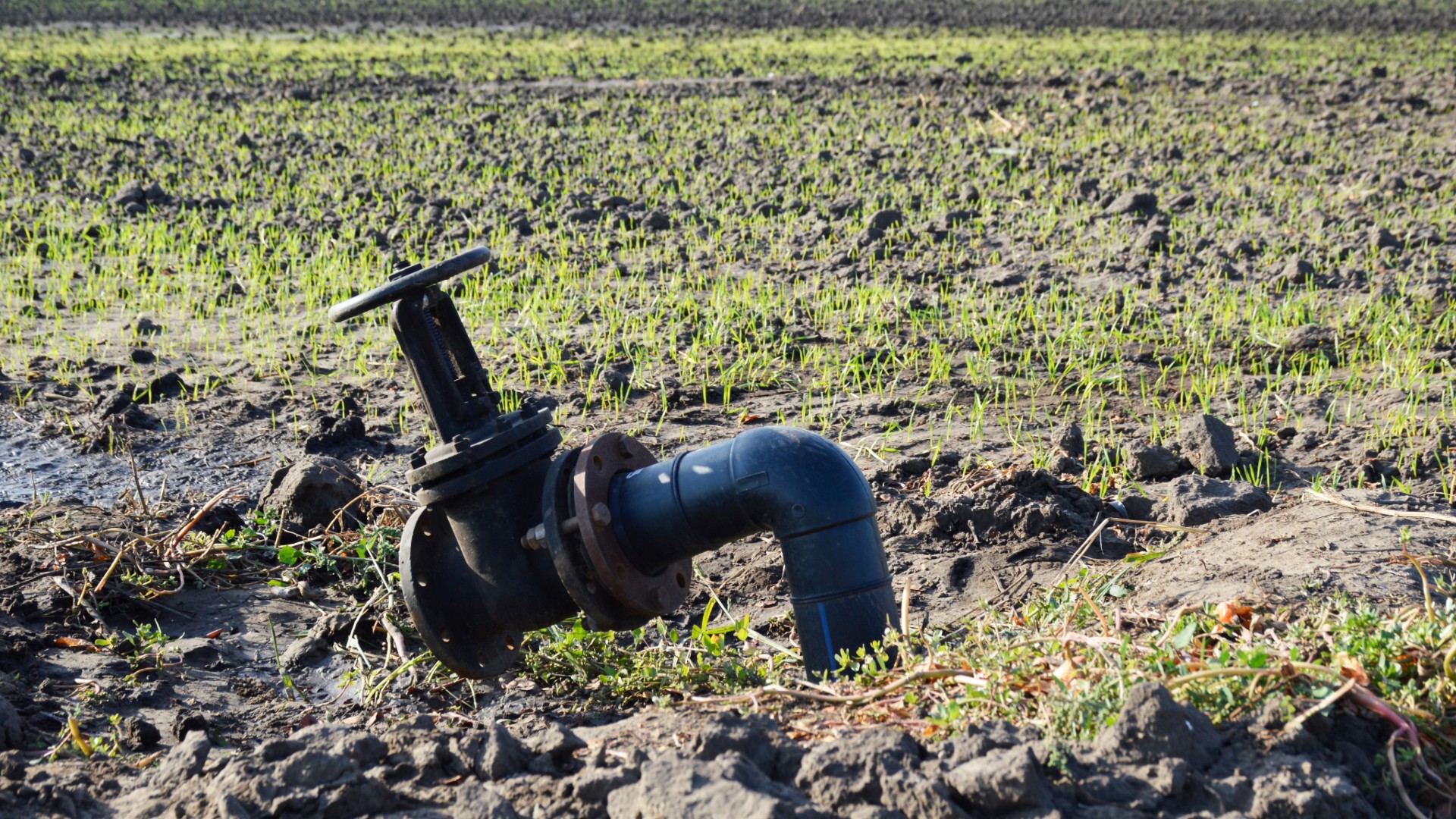
Enhancing Soil Preparation and Crop Establishment
Proper soil preparation is the foundation of successful crop production, and efficient water management plays a crucial role in this process. Agricultural water tubes are widely used to uniformly moisten the soil before planting, ensuring optimal seedbed conditions for a wide range of crops. By delivering precise amounts of water, these tubes help maintain consistent moisture levels, which is especially important for sensitive crops such as rice, vegetables, and horticultural plants.
The use of high-quality water tubes for agriculture enables farmers to manage pre-planting irrigation with accuracy, preventing overwatering or uneven soil moisture that can compromise germination and early growth. Durable agricultural water tube pipes ensure reliable water distribution across the entire field, supporting large-scale operations and minimizing the need for labor-intensive watering methods.
Modern precision farming practices further enhance the effectiveness of agriculture water tubes in soil preparation. Integration with soil moisture sensors and automated irrigation systems allows farmers to monitor and adjust water application in real-time, improving crop establishment and reducing water wastage. Fields equipped with water tubes for agriculture networks benefit from uniform seed germination, healthier seedlings, and better overall crop performance.
By combining agriculture water tubes with advanced monitoring and control technologies, farms can achieve efficient pre-planting soil conditioning, optimized moisture levels, and strong crop establishment, laying the groundwork for higher yields and sustainable farming practices.
Post-Harvest Operations and Equipment Maintenance
Efficient post-harvest handling is crucial for maintaining crop quality and ensuring profitability. Agriculture water tubes play a vital role in washing, sorting, and processing harvested produce, providing a controlled and reliable water supply that reduces contamination and maintains product quality. By delivering water precisely where it is needed, these tubes help farms optimize cleaning operations while conserving resources.
In addition to crop handling, agriculture water tubes support the maintenance of farm machinery and irrigation systems. Controlled water delivery through high-quality water tubes for agriculture, and a durable agriculture water tube pipe ensures that equipment is thoroughly cleaned without risking damage or downtime. Regular maintenance supported by reliable water delivery improves operational efficiency, extends equipment lifespan, and reduces repair costs.
Farms implementing agriculture water tubes in post-harvest operations also benefit from improved hygiene standards and reduced labor requirements. Automated or semi-automated washing systems connected through water tubes for agriculture networks streamline workflows, minimize water waste, and maintain consistent cleanliness across processing lines. Durable agricultural water tube pipes ensure these systems operate reliably over time, providing a practical and cost-effective solution for large-scale agricultural operations.
By integrating agriculture water tubes into post-harvest and equipment maintenance practices, farms can maintain high-quality standards, reduce operational downtime, and achieve greater overall efficiency, making them an indispensable component of modern agricultural infrastructure.
Innovative Water Management Technologies
Modern agriculture is rapidly evolving with the adoption of innovative technologies that improve efficiency, sustainability, and productivity. AI-powered precision agriculture, sensor networks, GPS-enabled machinery, and drone-based monitoring are transforming how farms manage water and resources. Agriculture water tubes play a crucial role in supporting these technologies by providing reliable and precise water delivery systems that integrate seamlessly with advanced irrigation and monitoring solutions.
In precision agriculture, agriculture water tubes can be connected to soil moisture sensors and automated irrigation systems, allowing water application to be adjusted in real-time based on crop and soil requirements. High-quality water tubes for agriculture ensure consistent flow, even under automated control, while a durable agriculture water tube pipe provides long-lasting performance across large farm areas. This integration minimizes water wastage, optimizes crop hydration, and enhances overall farm efficiency.
GPS-enabled machinery and drone-assisted monitoring rely on accurate water delivery to complement their data-driven operations. Agriculture water tubes enable targeted irrigation, ensuring that crops receive the right amount of water precisely where it is needed. Farms utilizing water tubes for agricultural purposes in controlled layouts benefit from improved crop uniformity, reduced labor, and enhanced productivity.
Controlled-environment agriculture, including hydroponics and vertical farming, also leverages agriculture water tubes for precise water and nutrient delivery. Well-designed agriculture water tube pipe networks support these systems by maintaining consistent flow, preventing blockages, and facilitating integration with climate control and nutrient management technologies. By combining agriculture water tubes with advanced monitoring and automation, farms can achieve higher yields, reduce resource use, and support sustainable and scalable operations.
Choosing the Right Pipes and Systems for Farming
Selecting the right pipes and water delivery systems is essential for maximizing efficiency and achieving long-term returns in modern agriculture. Durable and high-performance solutions ensure a consistent water supply, reduce maintenance costs, and support both small-scale and industrial farming operations. Agriculture water tubes play a vital role in this context by providing reliable and flexible options that meet diverse irrigation and livestock requirements.
Leading suppliers such as KPT Pipes, Astral Pipes, and Everflow Pipes offer a range of high-quality water tubes for agricultural use, including water tube pipe solutions designed to withstand environmental stress, UV exposure, and high water pressure. KPT Pipes offers customizable PVC tubes suitable for various irrigation systems, while Astral Pipes is recognized for its versatility and ease of installation. Everflow Pipes emphasizes durability and low maintenance, making them ideal for sustainable farming practices.
When choosing the right systems, farms must consider operational requirements such as field size, crop type, and irrigation method. High-quality agricultural water tubes and compatible water tubes for agricultural networks ensure efficient water distribution, while robust agricultural water tube pipe supports long-term system performance. Investing in the right combination of pipes and tubing not only improves operational efficiency but also delivers measurable ROI through water conservation, reduced labor, and enhanced crop yields.
Maximizing Efficiency and ROI with Agriculture Water Tubes
Implementing high-quality agriculture water tubes has become a strategic choice for modern farms, industrial agricultural operations, and government projects focused on large-scale resource management. These tubes provide precise and reliable water delivery, helping farms optimize irrigation, maintain soil moisture, and ensure consistent hydration for livestock. With controlled water flow, farmers can reduce wastage, improve crop yields, and enhance operational efficiency across all farming activities.
Durable water tubes for agriculture solutions play a critical role in supporting both routine and advanced farm operations. For example, integrating these tubes with automated irrigation systems allows for scheduled watering based on soil moisture levels, weather data, and crop type. This level of precision ensures that every field receives exactly the right amount of water, reducing energy use and labor costs while maximizing productivity. Similarly, robust agricultural water tube pipes support large-scale irrigation layouts, maintaining system integrity under high pressure and varied environmental conditions.
The long-term benefits of using agriculture water tubes extend beyond efficiency. Farms that adopt high-performance water tubes for agricultural use experience lower maintenance requirements, a longer system lifespan, and fewer interruptions due to leaks or equipment failures. For industrial and government projects, these tubes enable scalable solutions that can handle extensive irrigation networks, livestock watering systems, and aquaculture operations without compromising reliability.
Investing in agriculture water tube pipes also promotes sustainability by reducing overall water consumption and conserving resources for future use. Controlled water distribution supports precision farming practices, minimizes runoff, and ensures that crops and livestock receive the necessary hydration while avoiding waste. This not only improves productivity but also demonstrates a commitment to environmentally responsible agriculture.
Decision-makers are encouraged to evaluate agriculture water tubes as an essential part of their farm or project water management strategy. Choosing the right water tube for agriculture and high-quality agriculture water tube pipe ensures measurable returns on investment, operational resilience, and enhanced productivity. By integrating these solutions, farms and agricultural enterprises can achieve long-term efficiency, support sustainable growth, and lay the foundation for continued innovation in modern farming.

